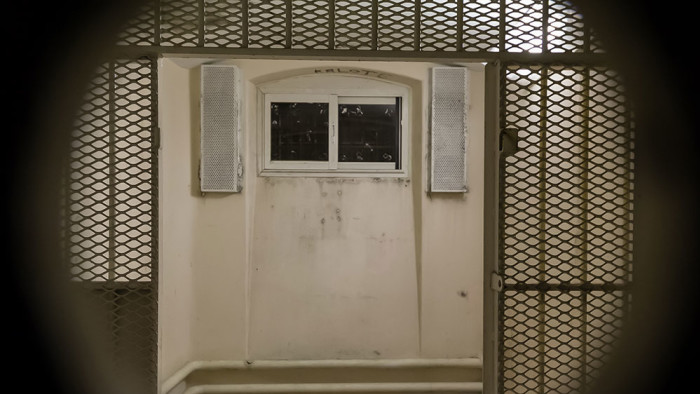
Ousmane* is a Sudanese refugee who, upon his arrival to Belgium, was placed in a detention centre in Bruges.
While there, he refused to provide his fingerprints because he believed that filling an asylum application from within a closed detention centre significantly decreased his chances of being successful. After he refused submit his application, he was beaten by five guards and thrown in solitary confinement for two to three days, exceeding the 24-hour legal maximum.
His hand was badly injured and his requests to see a doctor were repeatedly refused. The guards told Ousmane that the doctor was unavailable over the weekend and that he would have to wait. On Monday, Ousmane asked to see the doctor again to no avail. A day later, he was finally able to see a medical assistant, who was supposed to record what had happened to Ousmane. Instead, she wrote that Ousmane sustained the injury while playing football. She refused to note down the violence of the guards.
Ousmane spoke very little English. No provisions for professional interpretation were made, so another detainee accompanied him to the medical appointment to help with translation.
During the consultation, the medical assistant tried to convince Ousmane that his hand wasn’t broken. She asked Ousmane to move his hand, but he couldn’t. The medical assistant got upset and grabbed his wrist to try and force it to move. When Ousmane jumped and squealed from the pain, the medical assistant slapped him across the face so loudly that the guards waiting outside heard it and came rushing in, thinking that Ousmane had hit the medical assistant.
When the guards saw Ousmane lying on the floor, they burst out laughing and proceeded to make fun of him about the fact that he had been hit by a female medical assistant.
Ousmane was returned to solitary confinement, while the medical assistant’s actions were eventually categorised by the detention administration as a “reflexive gesture”.
Throughout this episode, Ousmane had no access to victim support services. He was not even recognised as a victim.
Ousmane’s lawyer, as well as an NGO that defends asylum seekers’ rights in Belgium, suggested to Ousmane to file a complaint. Testimonies of witnesses, including the detainee interpreter, corroborated Ousmane’s account. Although he was determined to report the violence at first, he eventually changed his mind because he feared reprisals.
There was no follow-up, no investigation, and no compensation for the victim. Ousmane was deported to Italy.
*Names have been changed to protect confidentiality


